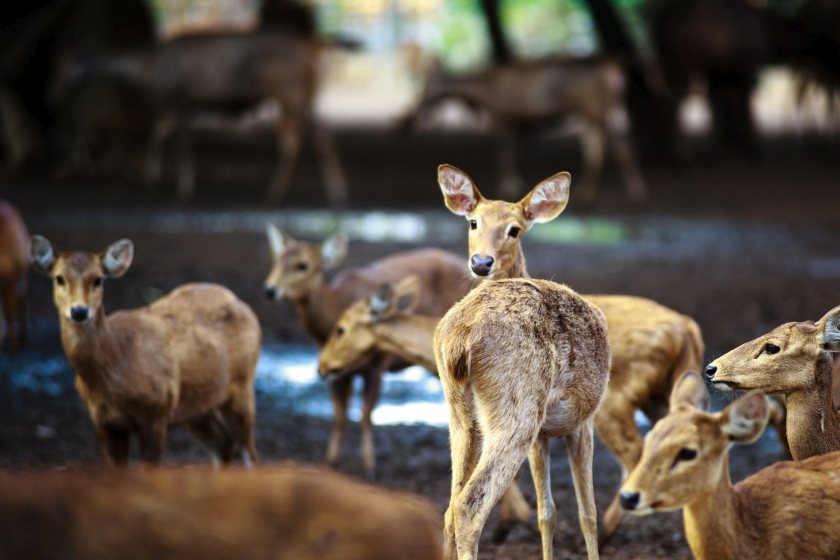
Farmers and land managers across Scotland could see decades of collaborative deer management put at risk unless MSPs fix “punitive and unclear” elements of the Natural Environment Bill, Scottish Land & Estates has warned.
The Scotland-only Bill, which aims to strengthen nature restoration and reform wildlife management rules, is now at a crucial Stage 2 amendment phase.
But SLE says several proposals lack clarity and could have serious consequences for the people who work the land daily — including farmers, estate workers and professional stalkers — who deliver the bulk of Scotland’s deer control.
Private land managers account for around 80% of the national cull, viewed as essential for balancing grazing pressure, protecting crops and supporting woodland regeneration.
Their concerns echo the RAI Committee’s Stage 1 findings, which noted “concerns from the deer management sector about the lack of detail around how the new ground for intervention would be used” and stressed the need to preserve trust between government and those managing the countryside. SLE says that trust will be impossible to maintain if such vague powers become law.
Ross Ewing, director of moorland & strategic projects at SLE, said the hardworking rural professionals who manage deer every day have made “real progress” through voluntary, evidence-led collaboration.
“The Scottish government risks putting that at risk with punitive and unclear new powers which would allow Ministers to step into local deer management arrangements with very little in the way of safeguards,” he said.
He warned that poorly drafted legislation would “damage confidence, undermine trust and deter the very investment in deer management that Scotland needs”.
Cross-party MSPs — including Beatrice Wishart, Tim Eagle and Emma Harper — have lodged amendments aimed at tightening ministerial intervention powers and making the proposals more workable for farmers, keepers and stalkers on the ground.
However, SLE says a separate amendment expanding the rights of occupiers and grazing committees to shoot deer raises significant safety concerns for rural workers.
As written, it could allow more than one person to shoot over the same ground at the same time, without knowing of each other’s presence — a scenario SLE warns is dangerous and unacceptable for people working on hillsides, crofts and farmland.
SLE backs an alternative amendment from Tim Eagle MSP that would require such rights to be exercised only under a NatureScot authorisation, with prior notification before any cull takes place. This, the organisation argues, would protect the strong safety culture that underpins deer stalking.
The group has also welcomed several constructive amendments which it says would genuinely support farmers and land managers, including proposals for a lowland deer management plan, clearer duties for local authorities, a training fund for essential deer management qualifications, and well-designed financial incentives.
Ross Ewing said there is a real opportunity for parliament to back the people actually delivering deer management on the ground. “There is a real opportunity for the parliament and the Scottish government to move away from a purely punitive mindset and instead put in place the tools that will actually help deliver better deer management."
He added that MSPs must “reject unsafe and unworkable measures, tighten up vague intervention powers and back constructive amendments” to support those working in what are often difficult and remote conditions.
